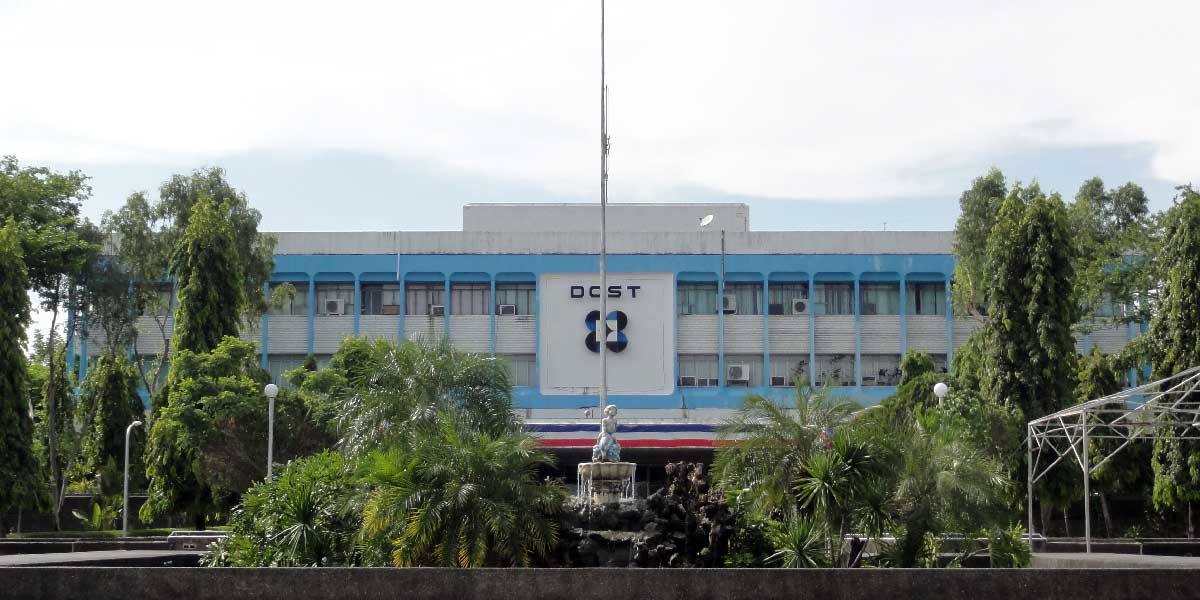
To lead scientific research into COVID-19 variants, African swine fever and bird flu on the way to future vaccines
The Department of Science and Technology (DOST) is spending P983 million next year to start up the country’s first research and development (R&D) institute devoted exclusively to the study of COVID-19 and other viral diseases in humans, animals and plants, House Assistant Majority Leader and Cebu Rep. Eduardo Gullas said on Monday.
The new funding for the Virology Institute of the Philippines (VIP), which will be housed in a state-of-the facility at the New Clark Economic Zone in Capas, Tarlac, is among the items in the DOST’s budget under the proposed P5.024-trillion 2022 General Appropriations Act, according to Gullas.
“The DOST will be getting P1.3 billion for new R&D spending next year, and P983 million of the outlay will go to the VIP,” Gullas said.
“The VIP has become absolutely imperative for the country to eventually develop its own capabilities to create future vaccines against viral diseases,” Gullas said.
Last month, the House passed on third and final reading and then endorsed to the Senate the bill establishing the VIP. The measure has been certified as urgent by President Rodrigo Duterte.
“As envisioned, Filipino scientists at the VIP will examine not only COVID-19 variants but all emerging viruses, their disease-producing properties, classification, cultivation and genetics,” Gullas said.
“The institute will analyze viruses in the wild that could possibly infect people and endanger public health in the future, as well as those in livestock that could potentially break out and threaten our food supplies,” Gullas pointed out.
Gullas cited the cases of African swine fever (ASF) and avian influenza.
In May, President Rodrigo Duterte issued a proclamation declaring a countrywide “state of calamity” until the end of this year due to the uncontrolled spread of ASF, which has wiped out three million hogs in 12 regions and 46 provinces.
“We’ve seen how ASF destroyed our domestic pork supplies, and how it caused the prices of other food commodities to shoot up at the expense of ordinary consumers,” Gullas said.
The country’s hog producers, including backyard growers, have so far incurred over P100 billion in losses due to ASF, a highly contagious viral disease of pigs that kills them within a week from infection.
“As to avian flu, many countries around the world continue to grapple with sporadic outbreaks, forcing them to cull hundreds of millions birds that form part of the human food chain, mostly chickens and ducks,” Gullas said.
Avian flu spreads among birds. Most strains do not infect humans. But in rare cases, it can affect humans.






















